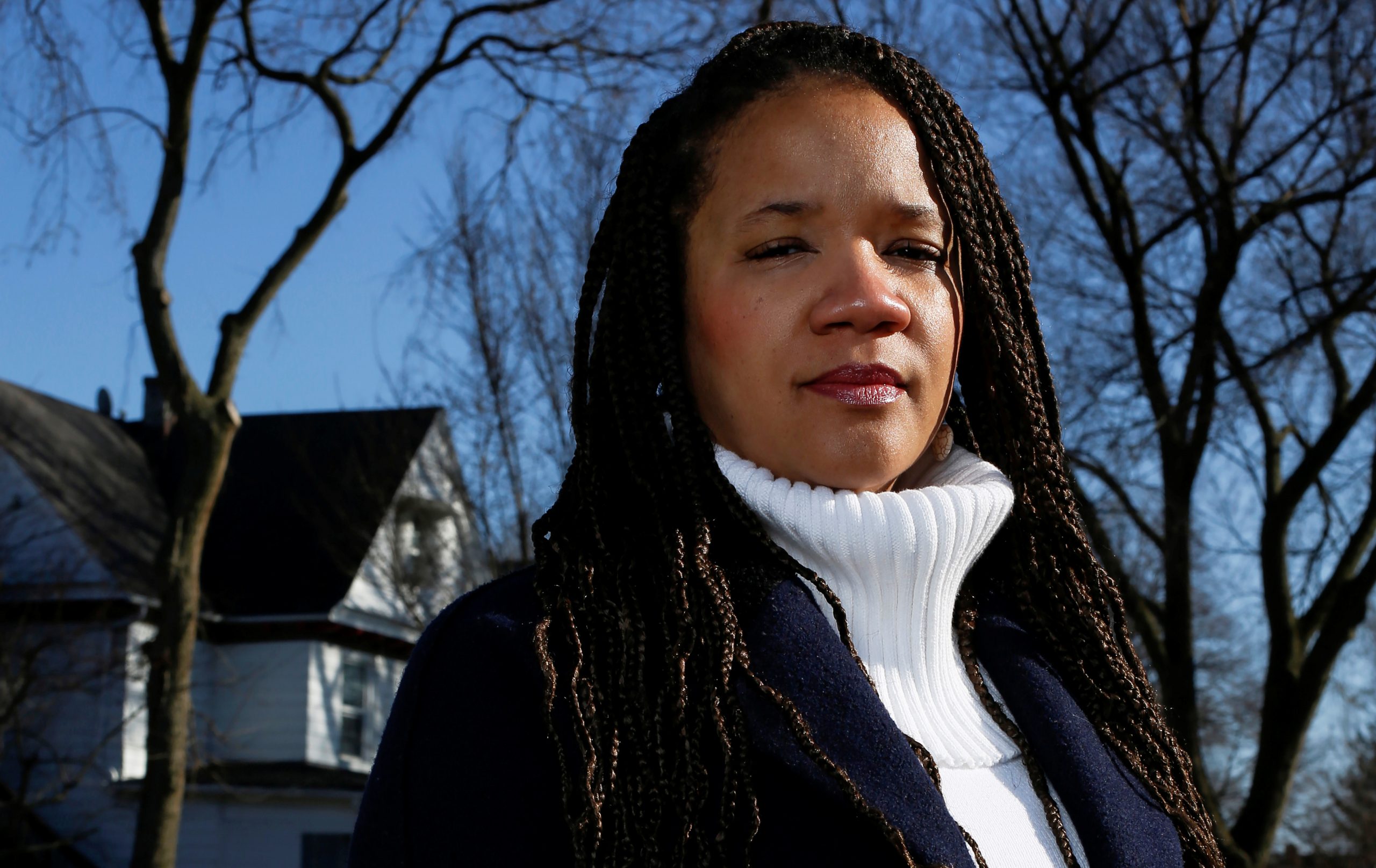A Chicago suburb on Monday approved a reparations program of housing grants to black residents, creating what has been hailed as the first government-funded slavery reparations program.
The Evanston, Illinois, City Council voted 8-1 to establish a $400,000 housing grant program, according to the Chicago Tribune. The program is targeted at remedying past housing discrimination in the city.
The project comes at a time when Congress is debating whether to create a federal commission on the issue of reparations for slavery.
Evanston has set aside $10 million in revenue from its marijuana sales tax for reparations-linked projects. This was the first to be approved.
The money is available in $25,000 homeownership and improvement grants as well as mortgage assistance for black residents.
According to a memo in support of the law, those getting the grants must have “origins in any of the Black racial and ethnic groups of Africa.” Applicants must either have lived in Evanston between 1919 and 1969 or be a direct descendant of someone who did. Applicants can also qualify if they were discriminated against in housing after 1969.
Alderwoman Robin Rue Simmons, a Democratic council member who first called for the program in 2019, said it is just the beginning of Evanston’s reparations efforts.
“It is, alone, not enough,” Simmons told the Tribune. “We all know that the road to repair and justice in the black community is going to be a generation of work. It’s going to be many programs and initiatives, and more funding.”
About 16 percent of Evanston’s 75,000 people are black, according to The Washington Post.
Some black residents said the program is not enough.
Alderwoman Cicely Fleming voted against the proposal, saying that it conforms to the stereotype that low-income individuals “can’t handle their money” and leaves out victims of discrimination who do not own a home, The Post reported.
“I don’t think it’s true reparations. If we start out with something that is not clearly modeled after what historic reparations are about, we open up a lack of trust,” Fleming said.
“There’s no way I could go to African-Americans in Mississippi who have experienced true racial terror and tell their city councils to do the same as what we’re doing with housing. I would be mortified,” she said.
Evanston resident Tina Paden said it’s not the people but the bank that will benefit from the new program.
“Reparations are supposed to repair harm to the injured parties. So if you’re telling someone what to do with the money, this appears to be a discriminatory practice as well. Now you have discrimination on discrimination,” she said, according to The Post.
Paden said giving cash to seniors should be the city’s priority.
“Why are you saying this 20-year-old can buy a new home in Evanston and the 80-year-old is still waiting?” she asked.
Evanston resident Rose Cannon also said she would prefer cash.
“I want reparations like any black person in this city does,” she said. “I am willing to step back and not take this in the package in which it’s presented to me.”
Incoming Mayor Daniel Biss has issued a statement supporting the plan as a first step to doing more.
“Reparations is a huge, difficult, and complex project that seeks to address the damage done by white supremacy, one of the great prolonged evils in human history,” Biss said. “It will not be ‘solved’ on the first try.
“On the contrary, we will have to try many different approaches, listen with an open mind to learn from what works and what needs to be changed, and adjust our strategy on an ongoing basis.”
This article appeared originally on The Western Journal.

























 Continue with Google
Continue with Google